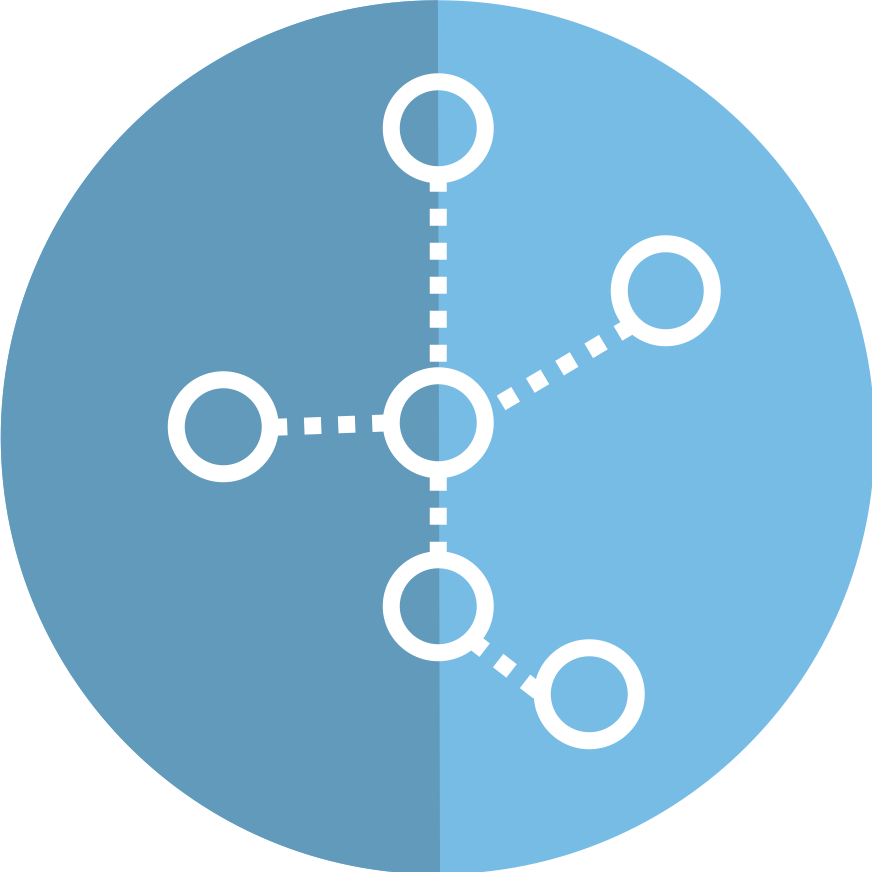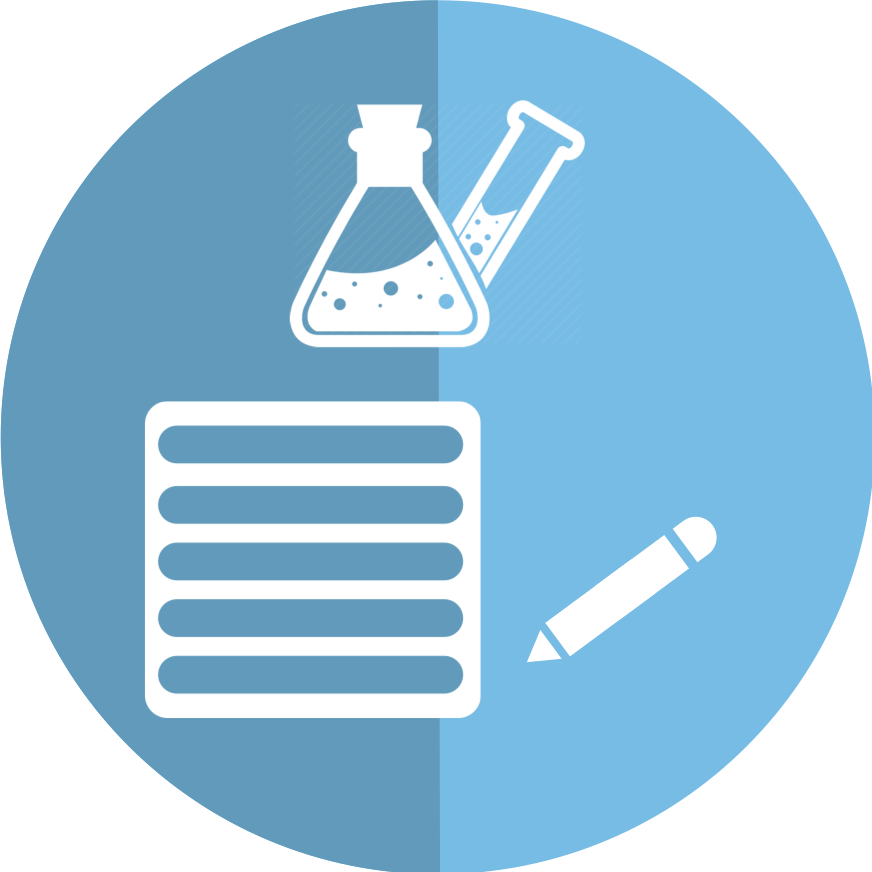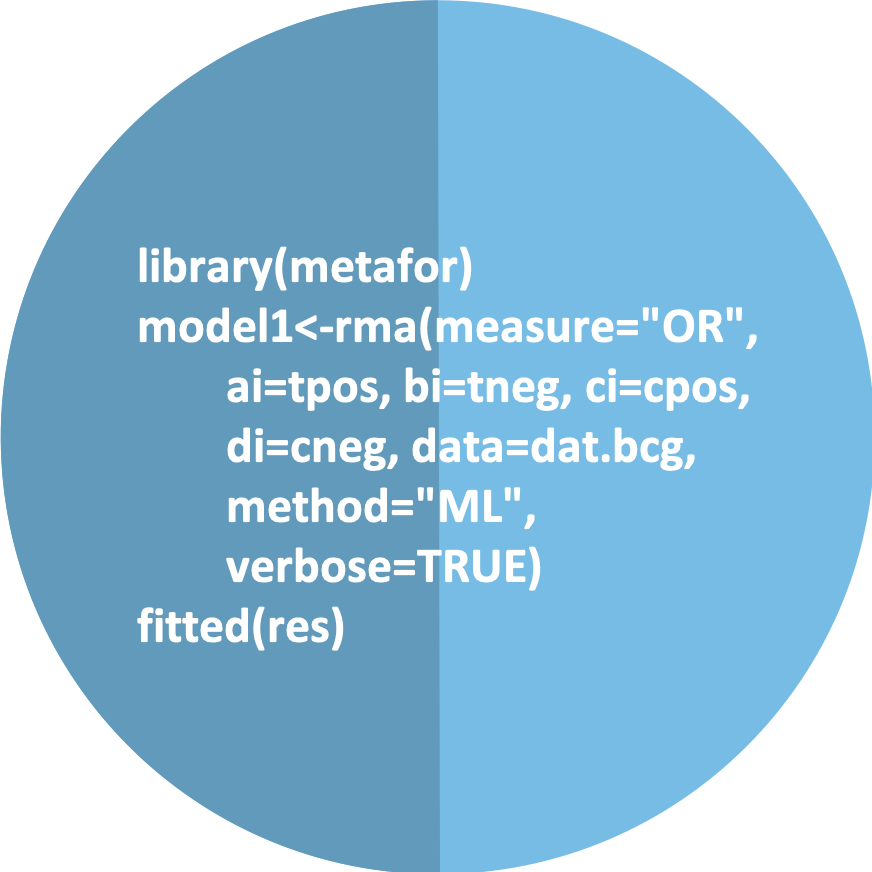
What is Open Synthesis?
The term ‘Open Synthesis’ was first coined in reference to evidence synthesis by Haddaway (2018), and was initially proposed to consist of 4 core components associated with the conduct of reviews (Open Methods, Open Data, Open Source and Open Access), accompanied by Open Education and Open Peer Review more broadly (Kraker et al. 2011). The commentary discussing Open Synthesis was preceded by a discussion in the field of healthcare around the openness of data associated with Cochrane systematic reviews (Shokraneh et al. 2018): the organisation did not, at the time of writing, have a data policy that calls for data and meta-data extracted as part of a systematic review to be made publicly available. The authors pointed out that review results data are often incomplete, cannot be readily extracted/reused, and are restricted to those with access to the Cochrane Library.
The main systematic review coordinating bodies differ in their policies related to openness, with some organisations having higher standards for Open Access and Open Data than others, but there is a notable and consistent lack of comprehensive policies clearly related to Open Science within evidence syntheses.










